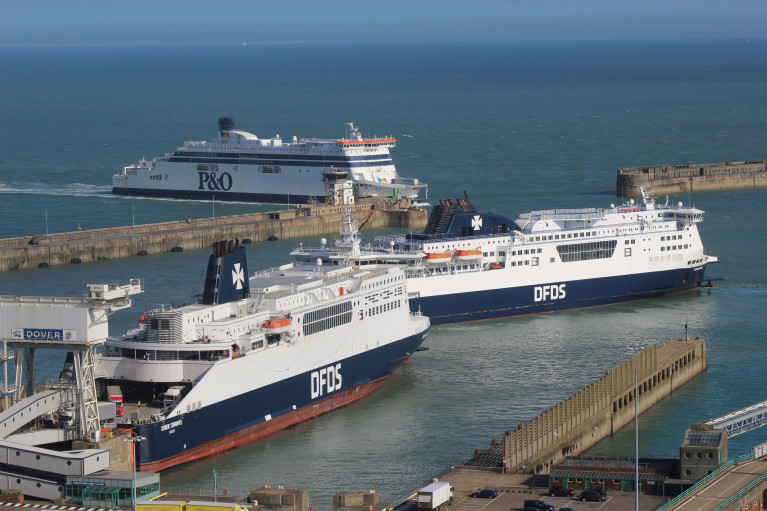Displaying items by tag: Competition probe
In the UK the Competition and Markets Authority (CMA) launched in November last year an investigation into an agreement between ferry companies P&O Ferries and DFDS A/S (operating on the Strait of Dover)
The agreement – known as a ‘capacity sharing agreement’ – provides a ‘turn up and go’ function for freight customers at the Dover and Calais ports, allowing them to take the next available ferry regardless of which of the 2 operators they booked with.
In addition the agreement aims to reduce journey times and congestion at ports for freight customers, while also providing broader potential benefits for supply bottlenecks and the wider economy.
While the CMA recognises the flexibility such an agreement allows, it is concerned that aspects of the companies’ arrangements could, if unaddressed, ultimately lead to higher prices and fewer sailings.
For example, when implementing this agreement, P&O and DFDS created a single schedule to space out the firms’ departures more evenly. However, as part of this, the companies also removed some journeys entirely from their schedule and documentation gathered by the CMA showed they planned to further reduce the number of sailings in the future. Such behaviour could lead to higher prices and less frequent journeys for both tourists and freight customers.
The CMA is also concerned that the agreement could encourage each company to cancel off-peak sailings at short notice because it will allow them to keep revenue from customers even if they travel on the other firm’s ferry. Such cancellations would cause disruption to freight and tourist customers on the busy Dover-Calais route and could also lead to higher prices.
In addition, the CMA believes the agreement has the potential to fix the amount of freight customers each firm carries in relation to the other. Fixing amounts in this way would likely reduce the companies’ incentives to compete for customers by offering lower prices and better service quality.
Following CMA intervention, the companies have proposed to commit to:
- not agree with one another the number of sailings that each company operates
- put strict limits on the number of sailings that they may cancel
- amend the agreement to make clear that it does not fix the amount of freight customers that either company may carry
Michael Grenfell, Executive Director of Enforcement at the CMA, said: The ‘turn up and go’ function this agreement provides is without doubt a positive thing for customers. However, as the UK’s competition authority, it is essential that we scrutinise business coordination to make sure it doesn’t lessen competition.
We found the agreement between P&O Ferries and DFDS was at risk of breaking competition law and could ultimately lead to higher prices and fewer sailings taking place – which is why we stepped in.
We have taken a close look at the commitments offered by these firms, and will also carefully consider any responses to our consultation, to see whether our concerns are addressed. If they aren’t, our investigation will continue.
The CMA will now consult on the commitments offered, providing an opportunity for third parties to voice any thoughts or concerns. Any responses must be made by 5pm on 4 July 2022 and will be considered as the CMA reviews the commitments offered by P&O and DFDS.
For more information, visit the Investigation into a capacity sharing agreement between P&O Ferries and DFDS case page.
























































